Humans are Born Selfish, not Compassionate
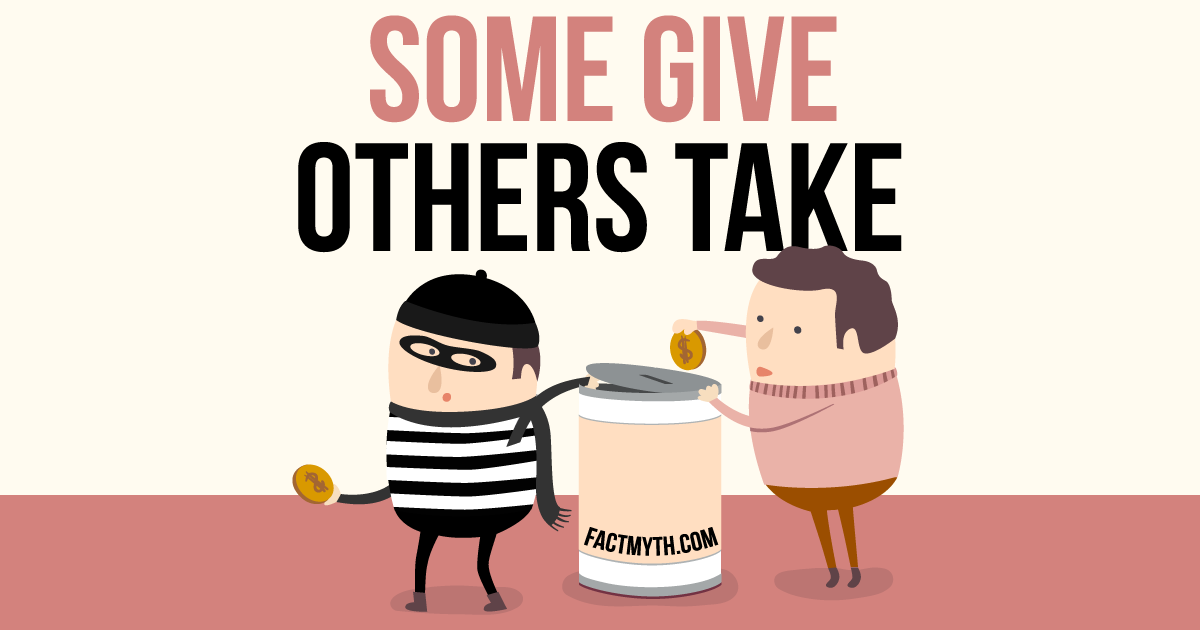
Humans are born both selfish and compassionate; we are hardwired to show compassion to our group and fear to those outside it. It’s genetic self-interest.
Psychology is the study of mind and behavior. It’s best described as a social science, although specific aspects can focus on anything from biology, to the humanities, to philosophy.
Below are a collection of facts and myths about psychology and social psychology pertaining to individuals, groups, and the collective.
TIP: Check out the YouTube playlist of Crash Course Psychology for a crazy amount of good information.

Humans are born both selfish and compassionate; we are hardwired to show compassion to our group and fear to those outside it. It’s genetic self-interest.
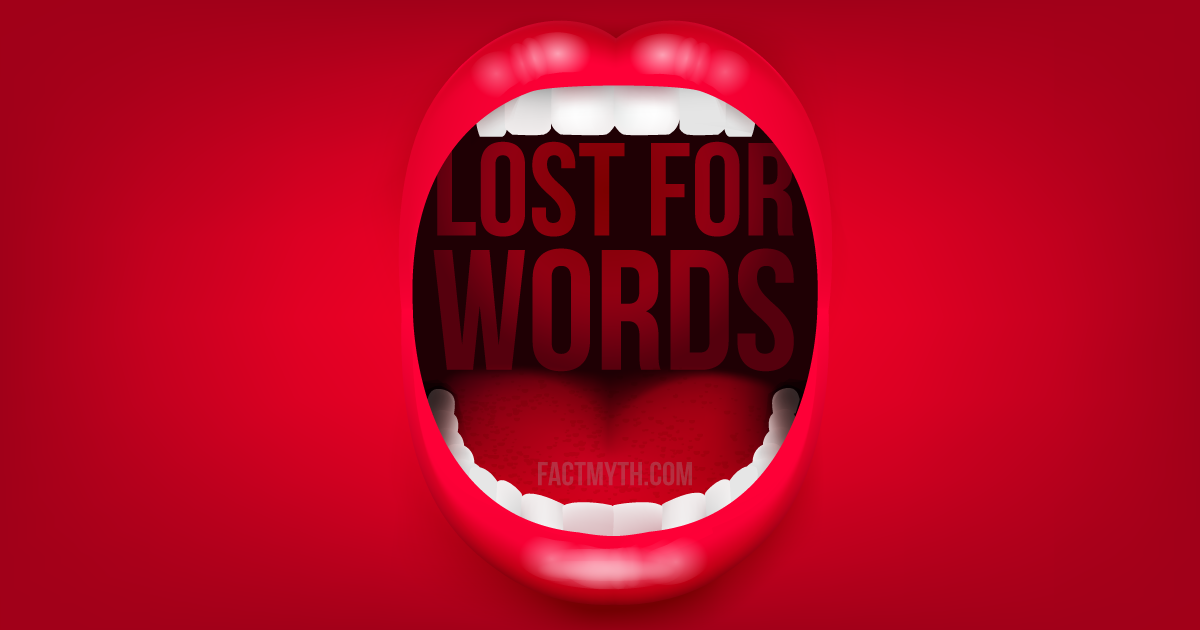
The speed and complexity of our thoughts exceed our abilities of language and communication, specifically our ability to convey complex ideas.
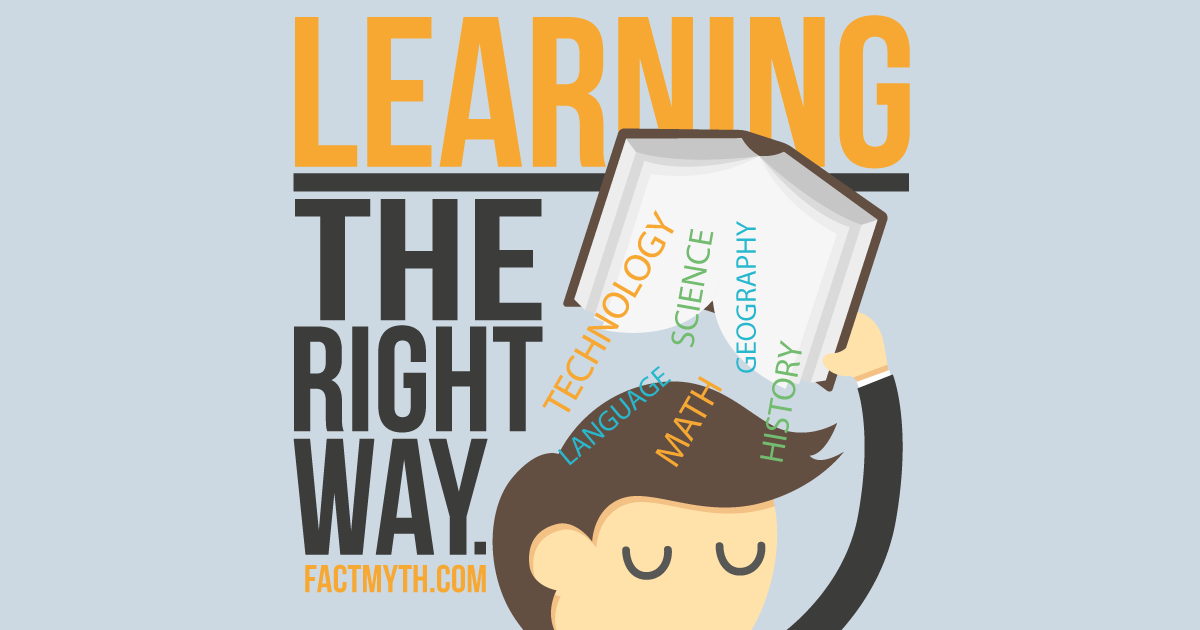
The best way to learn isn’t “being taught”, its mixing self-directed learning with the roles of student, peer, and teacher in different social settings.
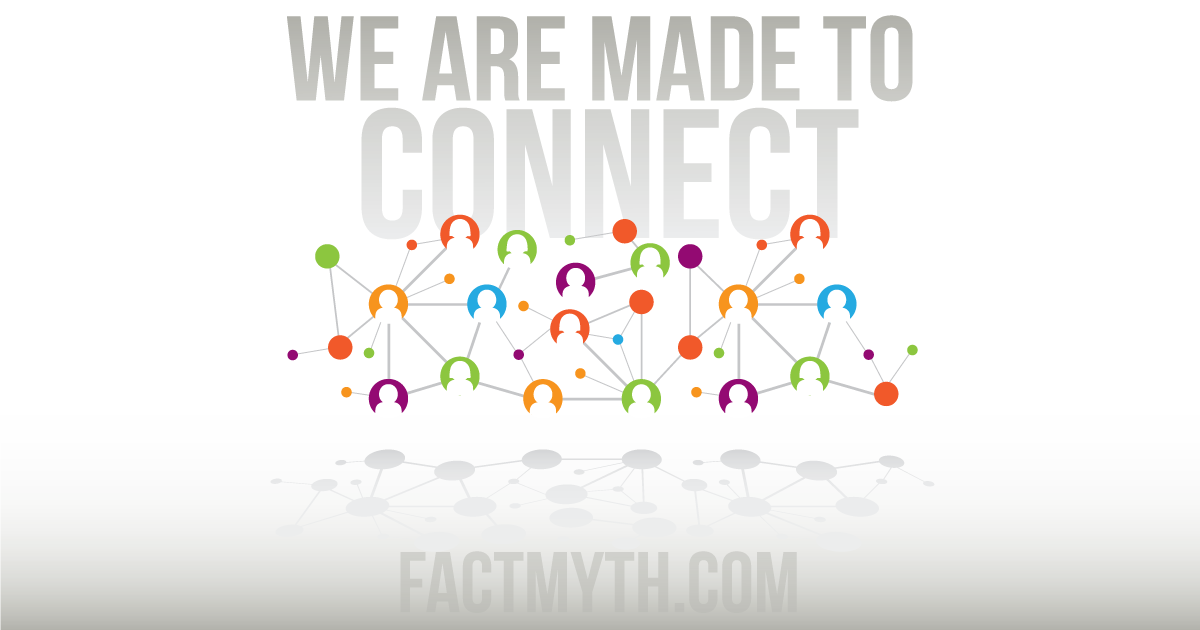
Humans are hardwired to be social beings. We naturally cooperate, care, and compete. From quarks, to cells, to plants, to animals, cooperation is in our DNA.

Money can buy happiness in some ways, and cause unhappiness in others, studies have shown that different types of wealth and income affect happiness and unhappiness in a variety of ways.
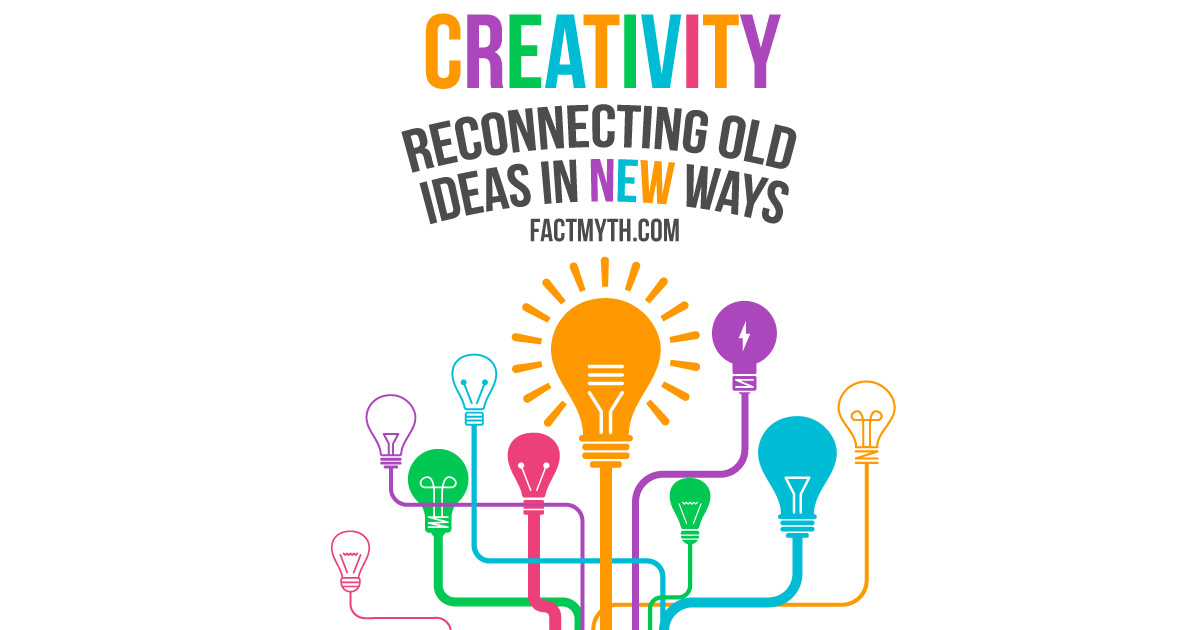
Humans can’t have new ideas without prior sensory input. We copy, transform, and combine old ideas to create new ones.
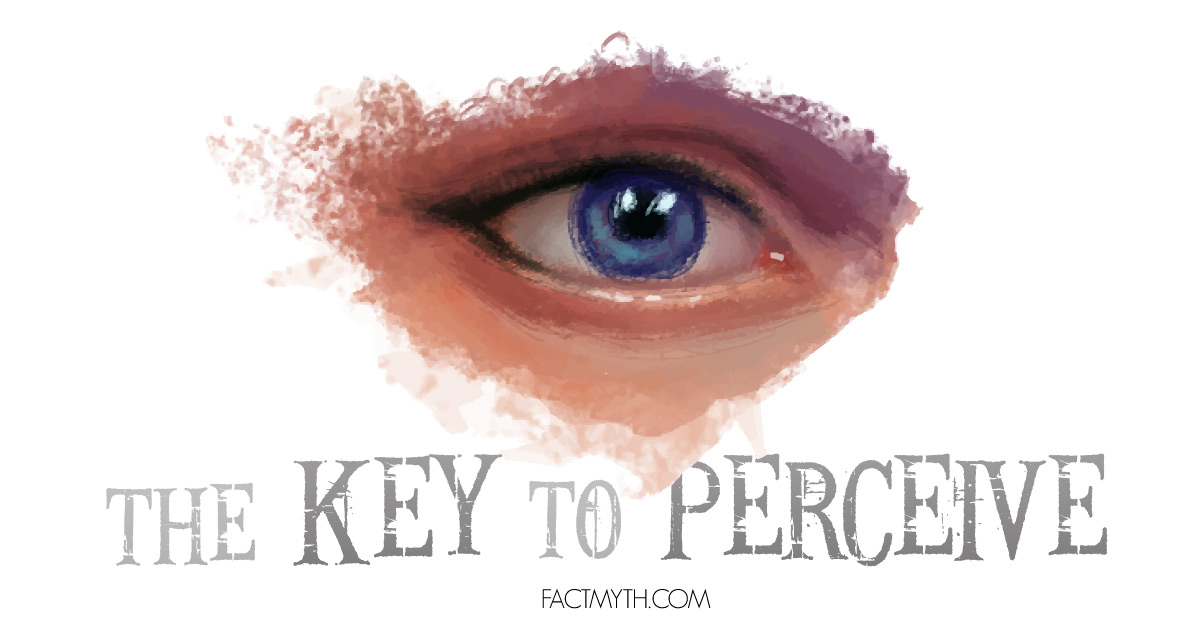
The amount of social, economic, or other value we perceive a person, place, or thing to have affects our perception of it (often more than actual value).
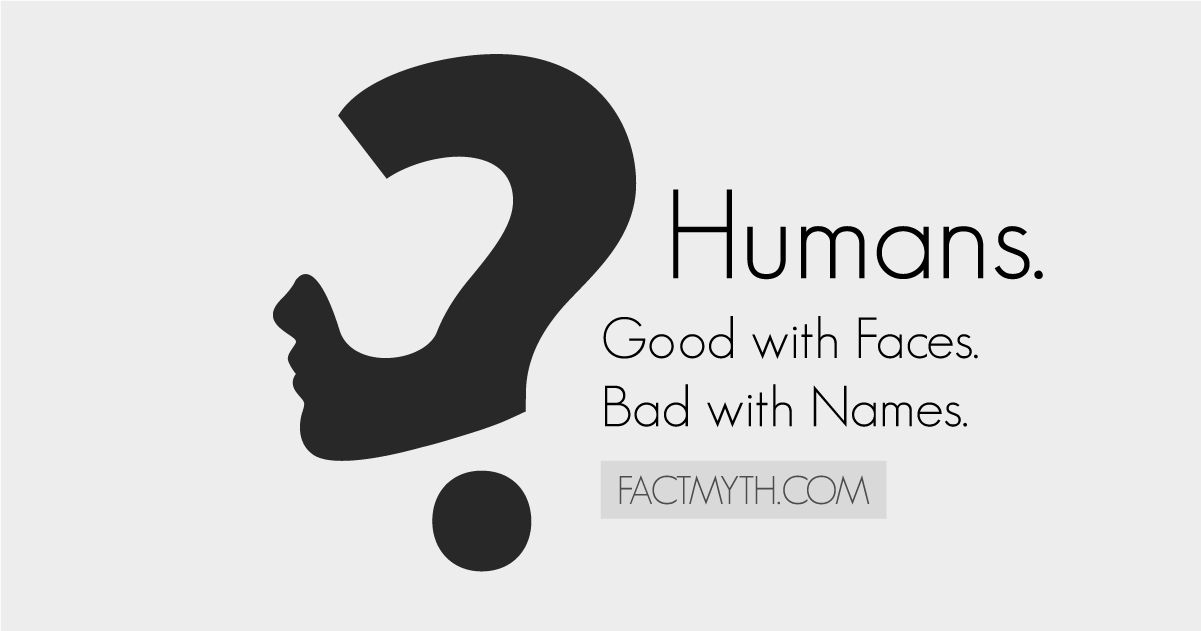
The average human has a limited short-term memory and a fairly inaccurate long-term memory. This is due to the way we process, encode, and recall memories.

People can’t multitask effectively. Giving simultaneous attention to tasks, or alternating and dividing attention between tasks, reduces the performance of at least one task.
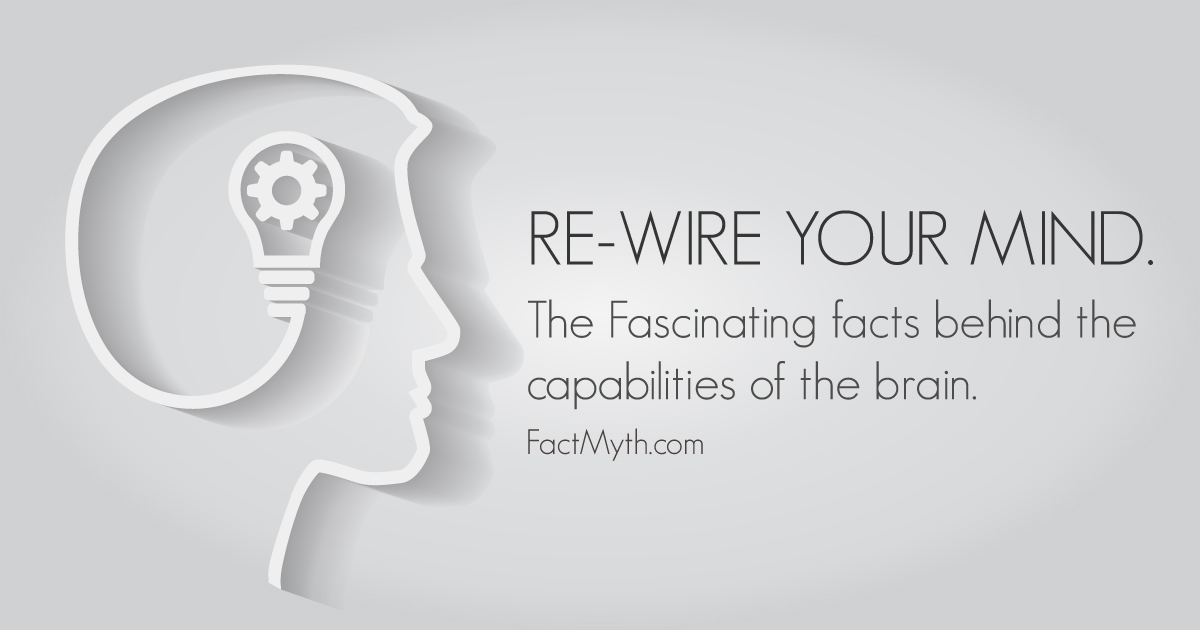
Thoughts and other stimuli can essentially “rewire” our brain, strengthening useful synaptic pathways and weakening less used ones, this is called neuroplasticity (AKA learning and memory).